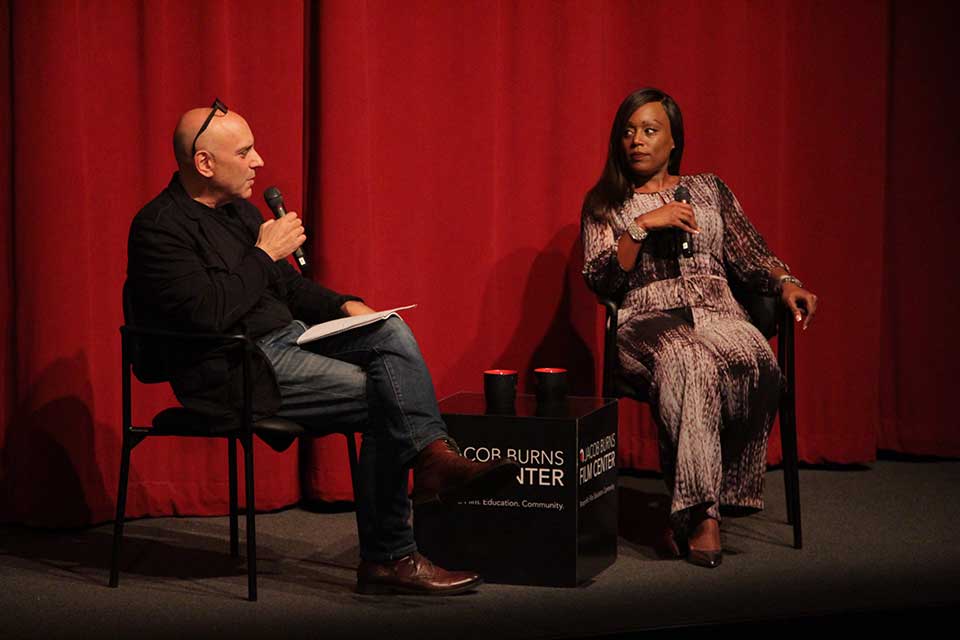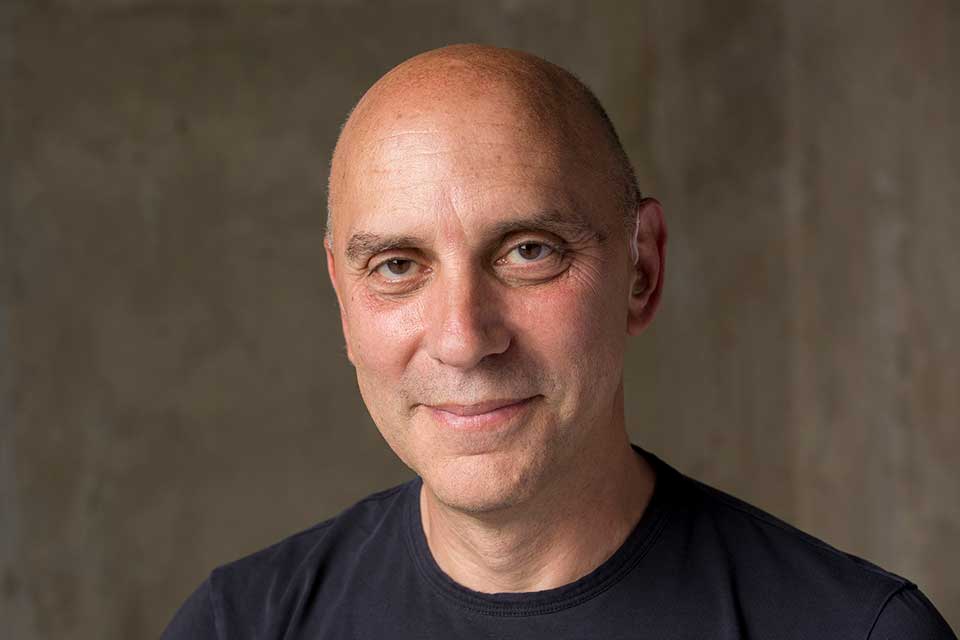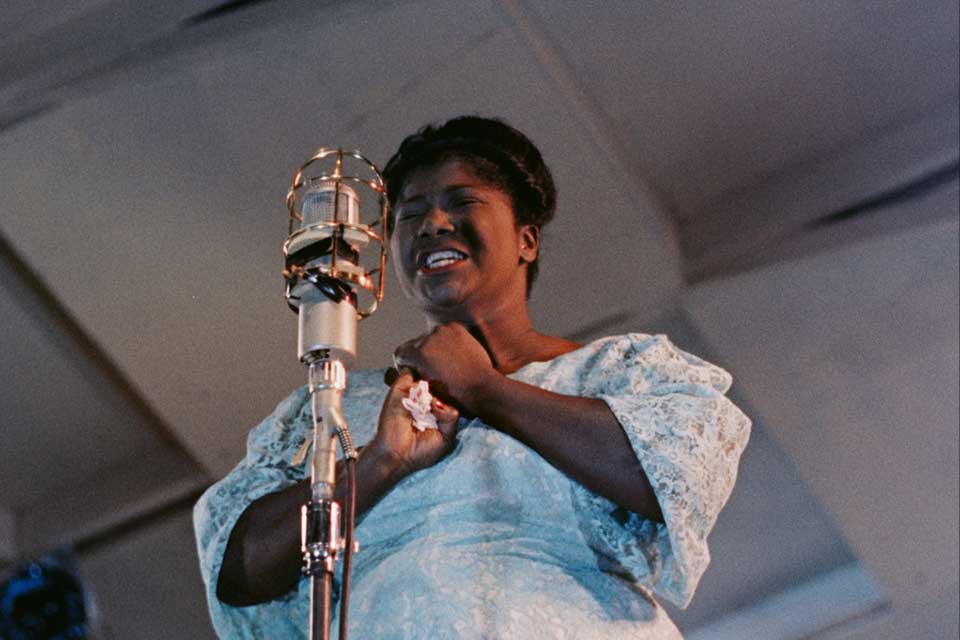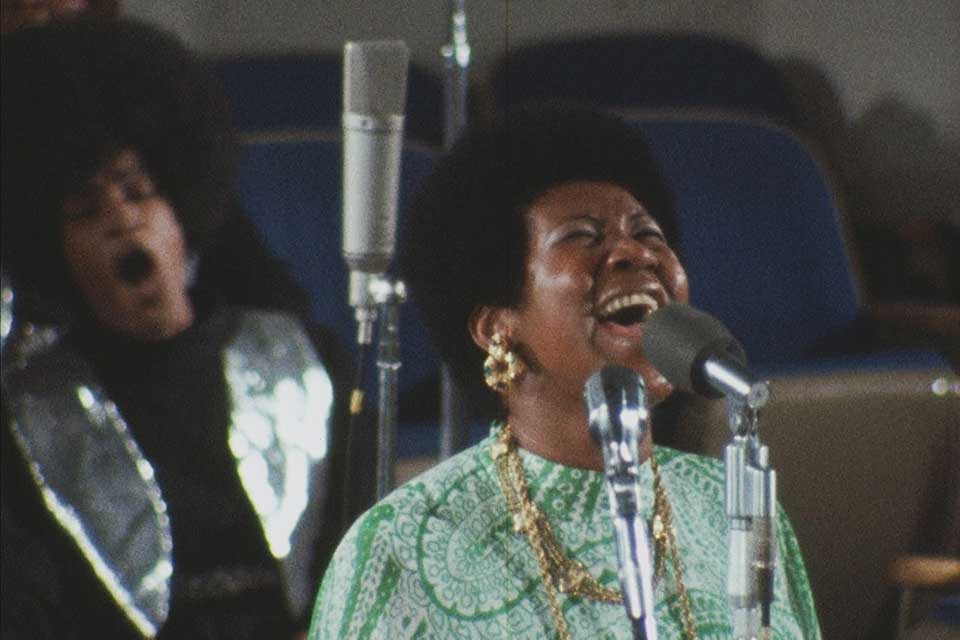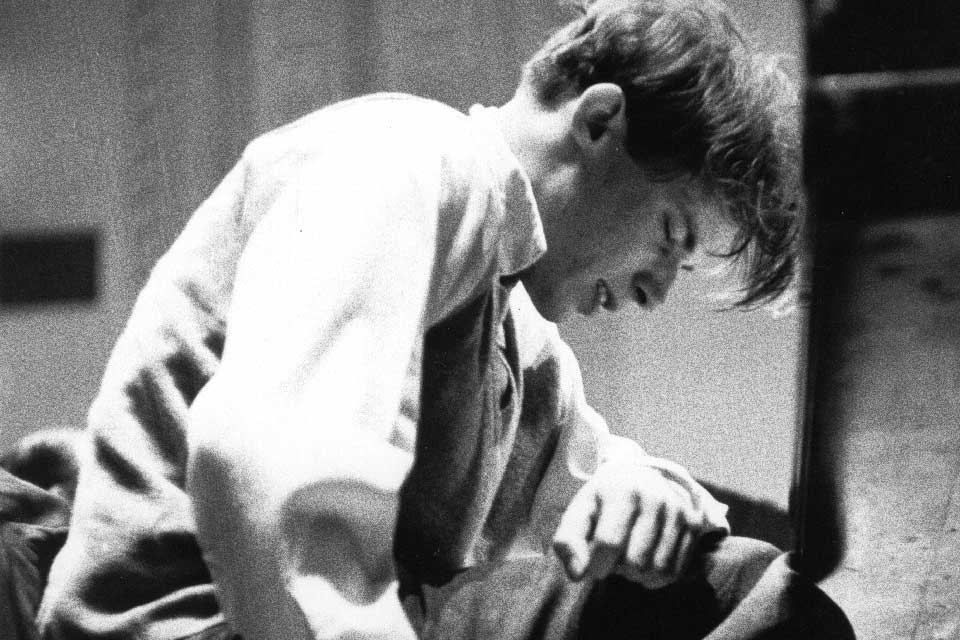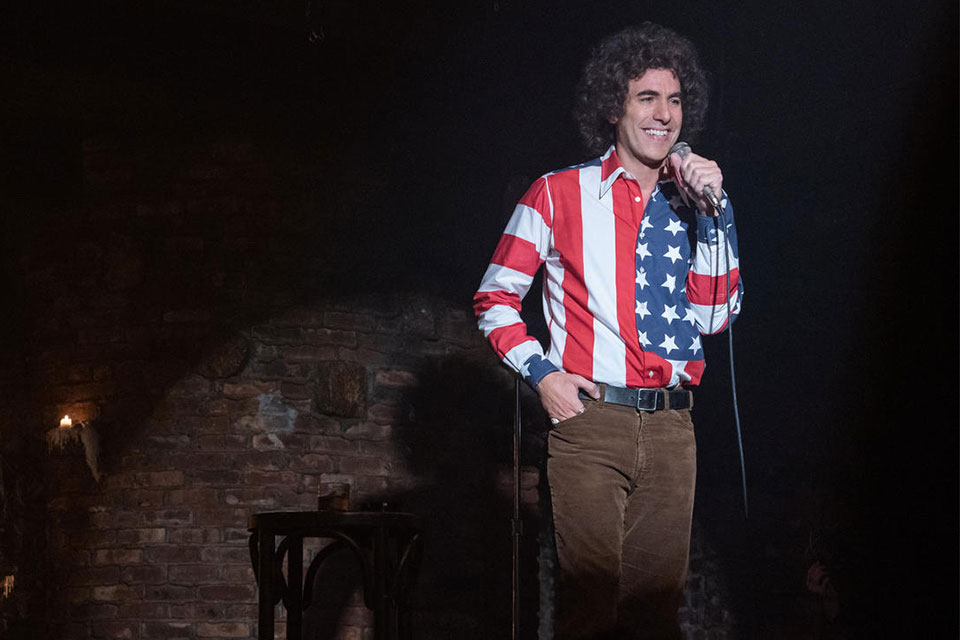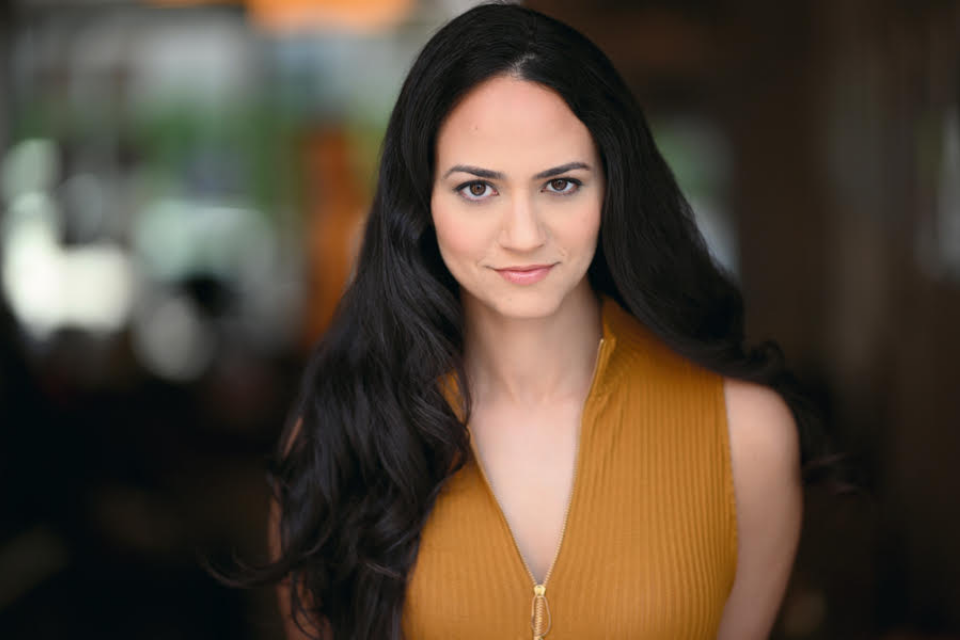Brandeis Alumni, Family and Friends
Bringing Independent Film, and its Emotional Resonance, to the World
The Exceptionality of Independent Films
Weathering the Storm of COVID-19
Yet choices have been limited since distributors are holding many films back until theaters can reopen nationwide, and Ackerman says only a small audience has taken advantage of the offerings so far. The center’s usual roster of special events, which include up-close conversations with directors, actors and writers, is diminished but still active online. (Pre-pandemic, Meryl Streep, Steven Spielberg, Barry Jenkins and Greta Gerwig are just a few of the A-list guests who have appeared there in person over the years.) Other creative endeavors are paused as well, including workshops for children and adults, a burgeoning fellowship program for emerging filmmakers and an artist-in-residence program where Bong Joon Ho of “Parasite” fame spent a month five years ago. “Everything has been a challenge,” says Ackerman.
A Brighter Future for Film
Acquiring a Richer Understanding of the World
A Lifelong Fantasy - Fulfilled
Ackerman's Top Five Music Films
Brian Ackerman loves a wide array of movies, but with a year like this, he’s been focused recently on music films, which he likes to refer to as “bottled joy.” Under normal circumstances, he and his staff organize an annual summer festival of music documentaries and an annual jazz series. Here are his thoughts on five of his favorites:
— Heather Salerno







